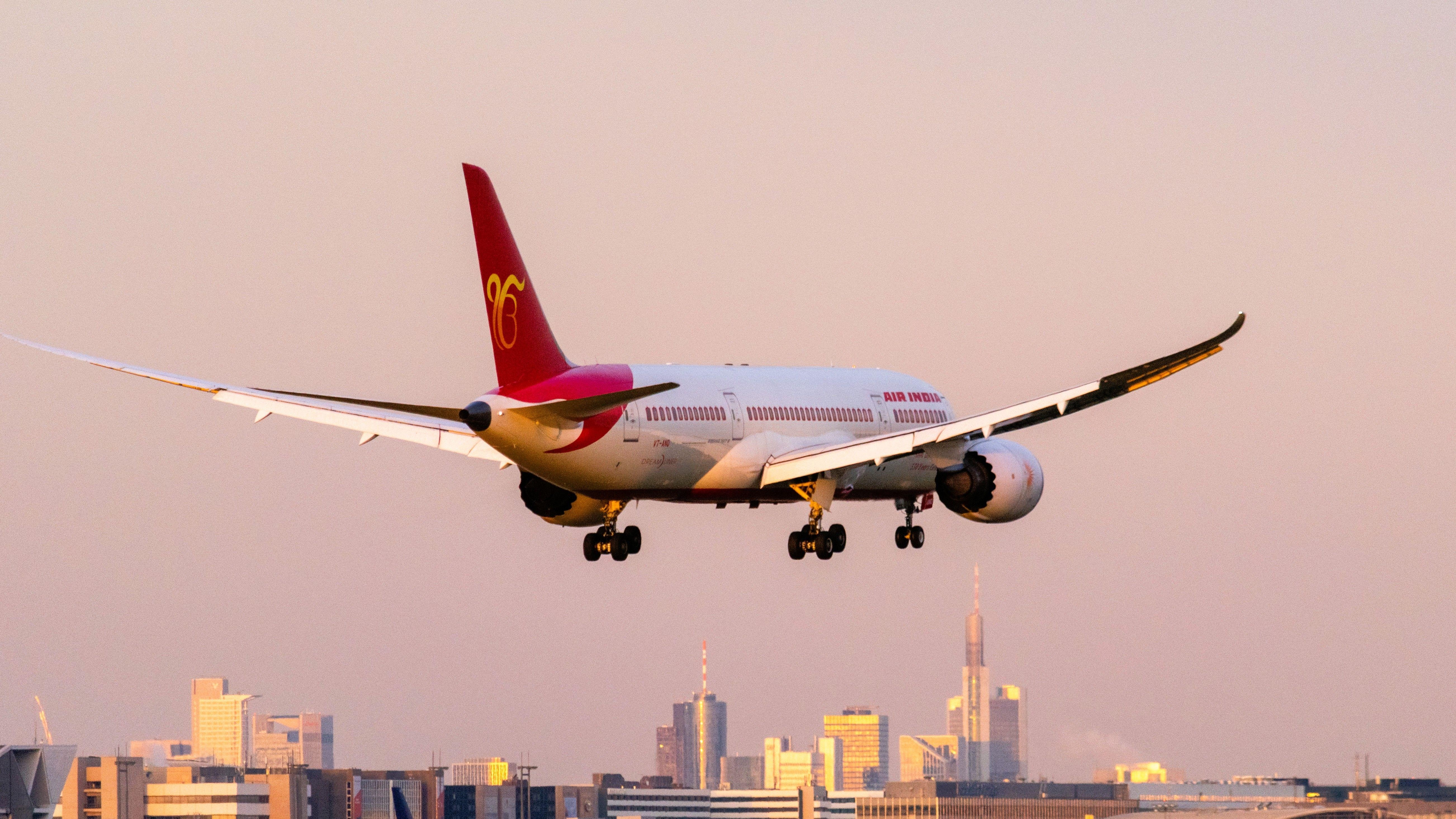AeroGenie — Your Intelligent Copilot.
Trending
Categories
DGCA Orders One-Time Safety Check for All Air India Boeing 787s, Causing Flight Delays

DGCA Mandates One-Time Safety Inspections for Air India Boeing 787 Fleet
The Directorate General of Civil Aviation (DGCA) has ordered a one-time comprehensive safety inspection of all Boeing 787 aircraft operated by Air India, a directive that has led to operational disruptions and flight delays. This mandate follows a tragic crash involving a Boeing 737 shortly after takeoff from Ahmedabad airport, which resulted in the loss of 241 lives out of 242 onboard. In response, Air India has confirmed that it has completed the required safety checks on nine of its Boeing 787 planes, with 24 more awaiting inspection. The remaining aircraft will be examined upon their return to India, in accordance with the DGCA’s timeline.
Air India’s current fleet comprises 26 legacy Boeing 787-8s and seven Boeing 787-9s. The airline has indicated that it is progressing steadily toward completing the inspections within the regulator’s stipulated timeframe. However, the process is expected to increase aircraft turnaround times, potentially causing delays on certain long-haul routes, particularly those serving airports with operating curfews. Passengers have been advised to monitor flight statuses through the airline’s official channels, and Air India has committed to notifying affected customers promptly, offering refunds or complimentary rescheduling options where necessary.
Operational Impact and Industry-Wide Repercussions
The DGCA’s directive has introduced significant operational challenges for Air India amid a critical phase of its ongoing transformation program. The safety inspections have disrupted schedules and raised concerns about the airline’s reputation and restructuring efforts. The recent accident has also intensified scrutiny on Boeing, which continues to grapple with restoring confidence following previous safety controversies.
In the wider aviation sector, competitors are reportedly conducting their own reviews of fleets, especially aircraft powered by similar engines, to ensure compliance with safety standards. The investigation into the crash’s cause remains active and is anticipated to influence future aviation safety regulations and insurance protocols. As the inquiry unfolds, both Air India and the broader industry face heightened pressure to uphold stringent safety measures and maintain transparent communication with passengers.
Regulators, airlines, and travelers worldwide are closely monitoring the effectiveness of the DGCA’s safety interventions and the investigation’s findings, which will likely have lasting implications for aviation safety standards globally.

Emirates Unveils Cabin Design for New Boeing 777X

Eighteen Years On, the Airbus A380 Remains Central to a $34 Billion Airline

How a boom in luxury airline seats is slowing down jet deliveries

Navitaire Outage Attributed to Planned Maintenance

DigiYatra Debuts Outside Aviation at India AI Impact Summit

Vietnam Orders Strengthen Boeing’s Commercial Outlook

Airbus Signals Uncertainty Over Future A400M Orders

JobsOhio Awards $2 Million Grant to Hartzell Propeller for Innovation Center

Collins Aerospace Tests Sidekick Autonomy Software on YFQ-42A for U.S. Air Force CCA Program

How the Airbus A350-1000 Compares to the Boeing 777
